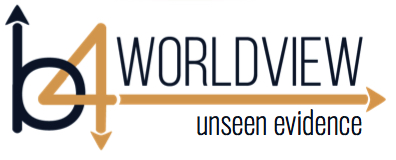
Key Thought for this session:
“If any outcome of life is acceptable to me, then any path will get me there.”
OK, great progress! In later sessions, we will explore how knowledge and faith are important companions to truth, which will also give additional perspectives on understanding the dichotomy between relative truth and absolute truth. But for now, before we move to those remaining sessions, let’s discuss some other challenges associated with knowing “which way is up?” These challenges are important in finding the best path to an abundant and virtuous life. Regardless of whether you believe truth is relative or absolute, there is still a challenge when two paths produce outcomes that contradict each other. By “contradict” I mean, that if one outcome is true, then the other cannot be.
Let’s look at a physical example for illustration purposes. If someone tells me that I can make ice by lowering the temperature of water, and someone else says I can make ice by raising the temperature of water, both cannot be right. In this case, they are clearly competing solutions because they are opposite of each other.
The same is often true for life changing decisions. So even if you are a relativist and believe people can choose the worldview that best fits them, then you still have a significant challenge in evaluating competing worldviews to determine which is best.
What makes selecting among multiple alternatives even more challenging is that sometimes the choice among options produces different results and sometimes the options do not.
The options of turning water to ice compete because all approaches cannot be true. Freezing produces ice and boiling does not. On the other hand, I have two routes I can take to town from my home and each takes the same amount of time. So, the route I pick is called my “preference” because both get me same outcome. So, we see that choices can be either competing or preferential.